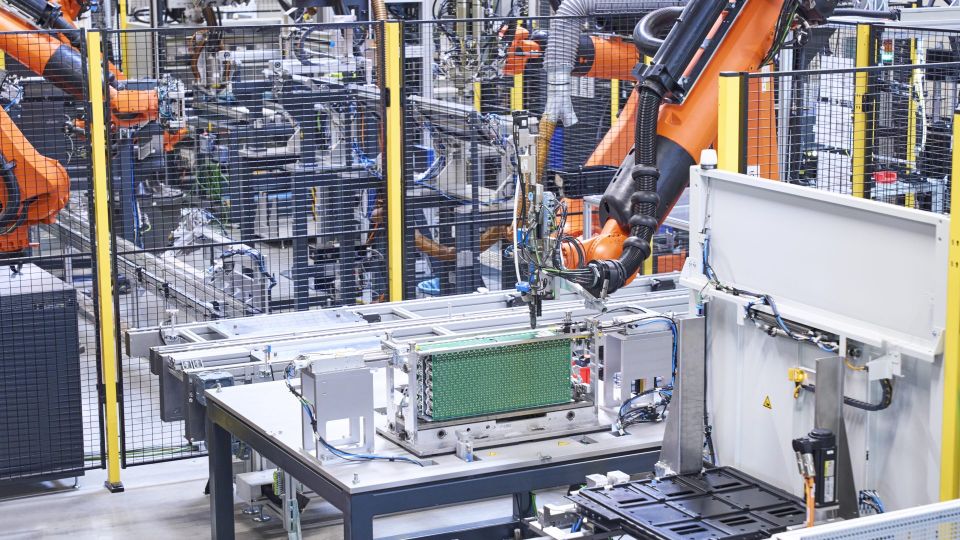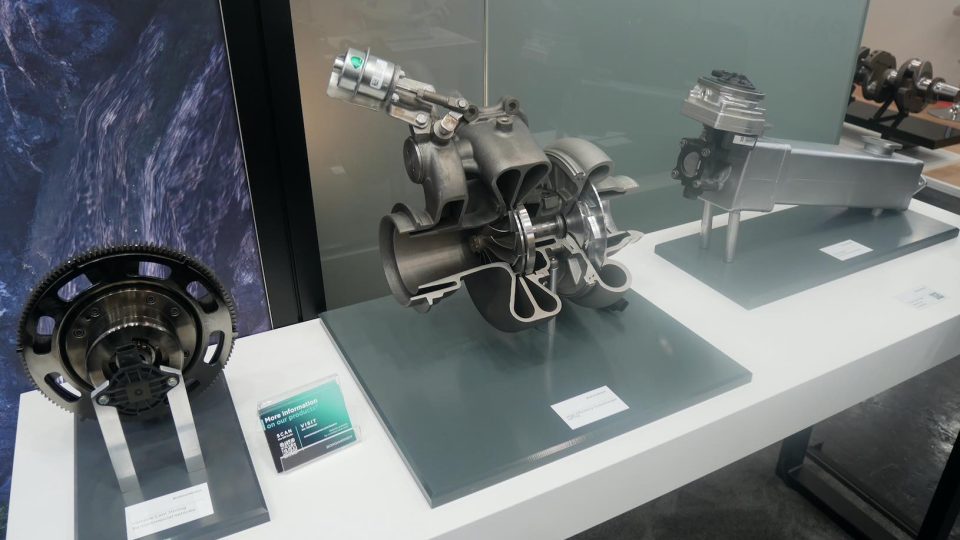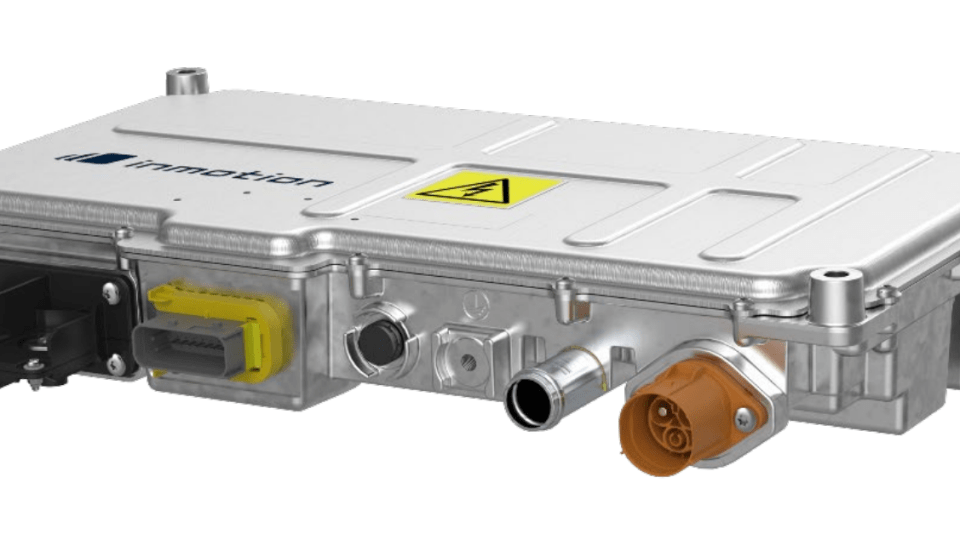Equipmake launches silicon carbide inverter (SiC) for electric vehicles
Electrification specialist, Equipmake, has launched a new inverter, which can deliver a step-change in the performance of all electric vehicles.
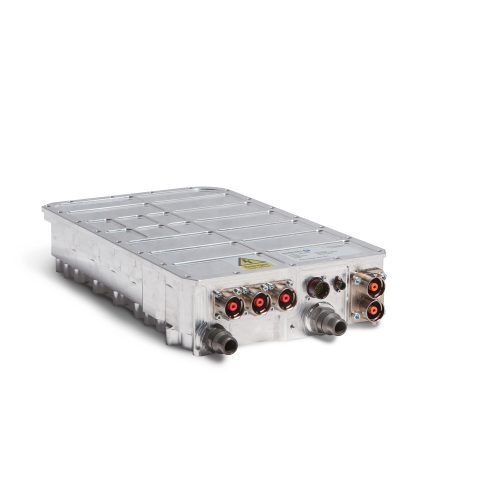
Electrification specialist, Equipmake, has launched a new inverter, which can deliver a step-change in the performance of all electric vehicles. Leveraging the high-power density of silicon carbide, Equipmake’s HPI-800 inverter delivers such efficiency gains that not only does it have the potential to reduce the size of an EV’s battery by around 10 percent, but its compactness and low weight brings further benefits in packaging too.
The ground-breaking technology has been developed at Equipmake’s headquarters in Norfolk, where the company provides EV technology to automotive OEMs and specialist supercar makers, producing everything from industry-leading electric motors to power electronic systems, all the way up to complete EV drivetrains.
A vital component in an EV powertrain, Equipmake has focused on developing next-generation inverters in recent years. Playing a key role in an EV powertrain, an inverter converts DC charge from the battery to AC to drive the electric motor, and also times switching changes to adjust the frequency of the AC charge to control the speed of the motor, much like a fuel injection and ignition system does in a combustion engine. The faster and more efficient the inverter is, the more efficient the vehicle is as a whole and the greater the amount of driving range that can be extracted from the battery.
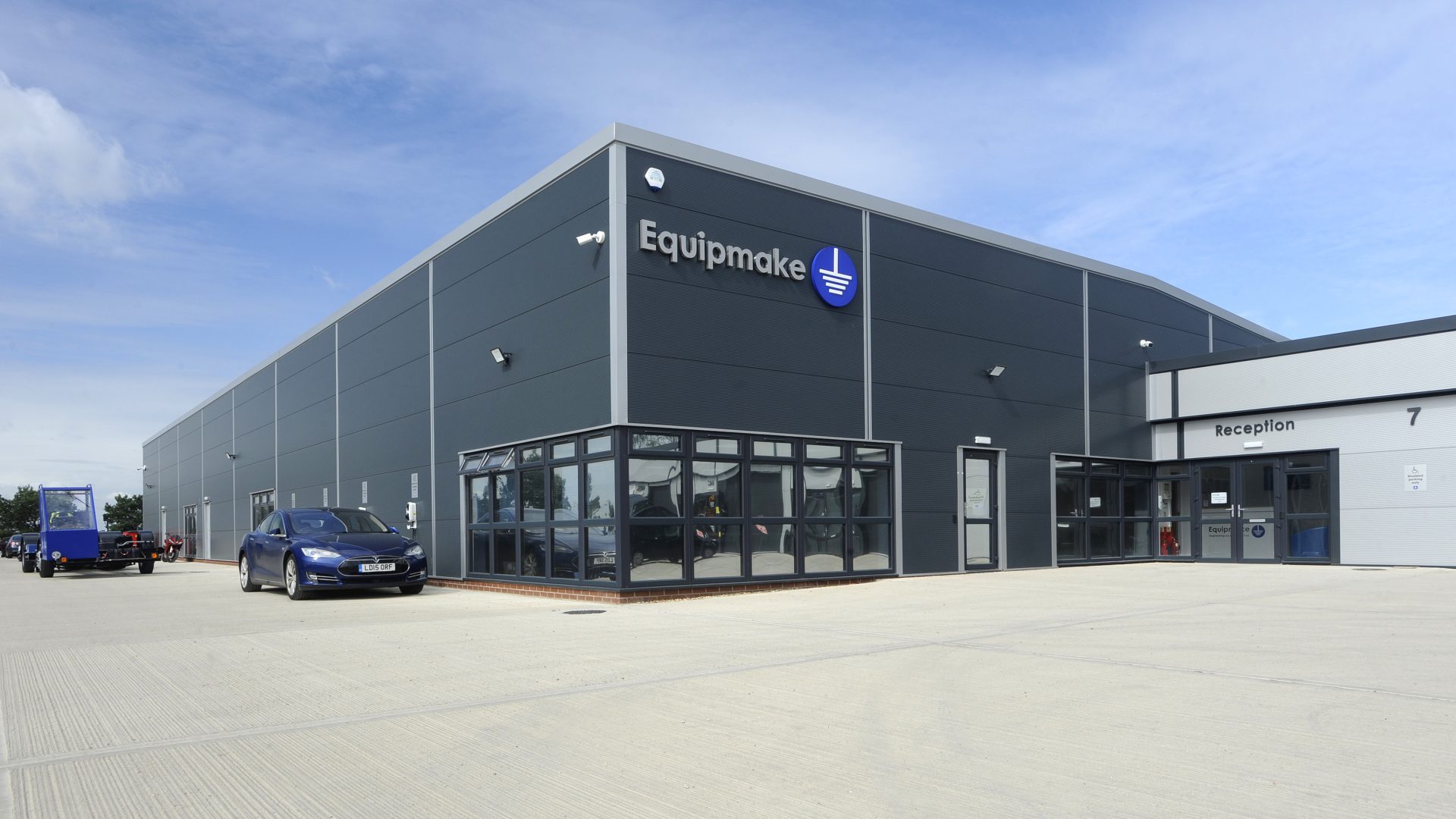
Equipmake: SiC benefits
Traditionally, EVs have used inverters with insulated-gate bipolar transistors (IGBTs), which switch current at up to 20kHz. Silicon carbide (SiC) delivers significant advances, offering higher power levels, lower power losses and improved overall efficiency. As a result, Equipmake’s new HPI-800 inverter can switch current at up to 40kHz.
Along with delivering significant gains in power and efficiency, SiC inverters are smaller and lighter, enabling engineers and designers to take advantage of aerodynamic and packaging improvements, reducing the amount of cooling a vehicle might require, too. Their lightweight construction transforms power-to-weight ratio, too, from 40kW/kg for contemporary IGBT technology to 100kW/kg with SiC.
SiC inverters in the mass market
So far, SiC inverters have not been adopted in the mass market because of their price – but Equipmake believes this is about to change.
Ian Foley, Managing Director, Equipmake, said: “The upfront cost of a SiC inverter is more than recouped by the benefits in additional performance. In a typical high performance EV sports saloon, the associated efficiencies can reduce the size of the battery by at least 10 per cent – or around 40-50kg. While they can be twice as expensive as IGBT versions, they can reduce battery size by such a large amount that the cost saving more than pays for the inverter itself. Passenger battery electric vehicles (BEVs) equipped with silicon carbide inverters are forecast to overtake traditional IGBT units by 2024 and, by 2030, 95 per cent of all BEVs will use silicon carbide. So, this is the perfect time for Equipmake to launch this new technology.”






